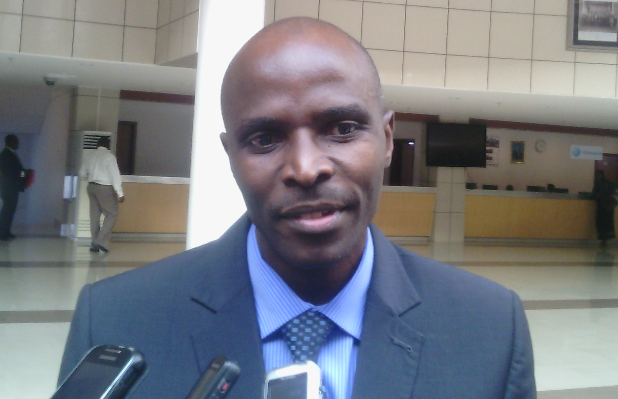
Malawi has suffered a drop on the Open Budget Index (OBI) which focuses on providing information about how the country raises and spends public money, an Open Budget Survey (OBS) has revealed.
According to the survey that is conducted by International Budget Partnership (IBP) and in the country done by Malawi Economic Justice Network (MEJN), Malawi has reduced the amount of budget information it makes available to the general public, undermining the ability of citizens to hold the government to account for managing public funds.

The findings were revealed during a dialogue meeting on 2017 Open Budget Survey (OBS) for the country organised by MEJN in collaboration with UNICEF in Malawi’s capital, Lilongwe.
Presenting the findings, Executive Director of MEJN Dalitso Kubalasa said that the country has in the decade reduced disseminating budget information as it has been revealed by a major independent global report that also evaluated 115 countries across six continents in 2017.
Kubalasa said the survey which uses three elements namely Transparency, Public Participation and Budget Oversight has seen the country scoring 26 percent in contrast to the 65 percent that was scored in 2015.
“On the elements, the country has on Transparency scored 26 percent, on Public Participation Malawi has scored 15 percent and on Budget Oversight it has scored 55 which is not all that good since we can do better ,” Kubalasa said.
According to Kubalasa, the survey relies on publishing budget information online that can make every Malawian who needs such information to access it.
“Malawi’s score of 26 on the 2017 Open Budget Index is substantially lower than its score of 65 in 2015. It is even lower than its score of 28 in 2008. Malawi’s score is in part affected by the change in definition of ‘publicly available’ , which from OBS 2017 only recognises those documents that are published online on the relevant Government body’s official website as available to the public .
“Online availability is now considered a basic standard for the publication of Government Information, ” said Kubalasa.
He disclosed that Malawi no longer receives credit for the Enacted Budget and Year-End-Report, which are published only in hard copy.
Further, several supporting documents in Malawi’s Executive’s Budget Proposal were published in hard copy only and thus were not counted toward Malawi’s score in the 2017 OBS.
“Since 2015, Malawi has also decreased the availability of budget information by failing to publish In-year Reports online in a timely manner.
“Moreover, Malawi has failed to make progress by not producing an Audit Report on time and not producing a Citizens Budget.
“This, in terms of the score, is a disappointing result, but I know that the Government of Malawi which has been on the right path, can easily get back to winning ways fast by maintaining its commitment to budget transparency , participation and oversight as a true means to the citizen transformation through development results ,” Kubalasa said.
Among other recommendations on transparency, the survey has said that the country should be publishing a Pre-Budget Statement, an Enacted Budget and a Year-End Report online.
On how the country can improve participation among others, the survey has said that the country must hold legislative hearings on the formulation of the annual budget, during which members of the public or civil society organisations can testify.
On improving oversight among others, the survey has said that the country must consider setting an independent fiscal institution so that it will be rated high by OBS in 2019.
In SADC region , South Africa has topped the index by scoring 89 percent while Lesotho is the lowest with a score of zero.
Open Budget Survey was launched in 2006 and is the world only independent, comparative assessment of the three pillars of public budget accountability : transparency , oversight and public participation.














